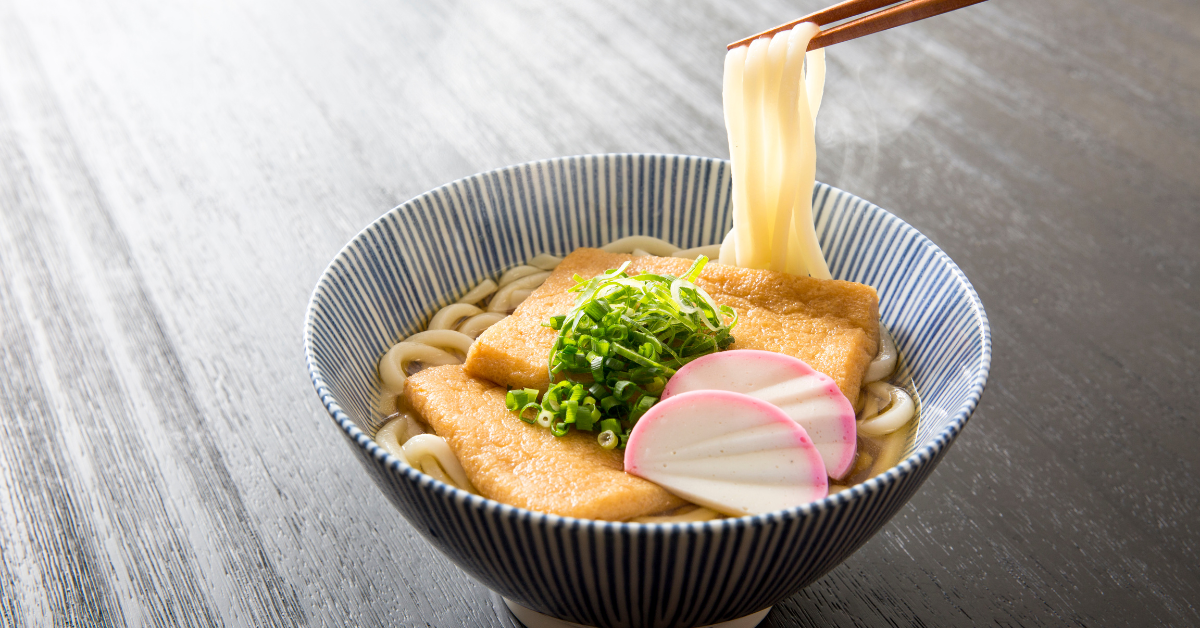Marugame Seimen, the popular Japanese udon chain, has re-entered the South Korean market after a four-year absence. This time, the company is partnering with the Lotte Group, one of South Korea’s largest retail giants, and introducing spicy dishes tailored to local tastes. The reopening marks not only a comeback but also a bold test of whether Japanese dining culture can firmly take root in Seoul.
Features and Appeal of Marugame Seimen
Marugame Seimen is a self-service udon chain popular in Japan. Customers receive their udon at the counter and can freely select tempura and rice balls before paying. This allows diners to enjoy meals that are quick, affordable, and customizable.
In South Korea, the self-service system matches the lifestyle of busy city residents. Especially in central Seoul, where people want fast meals, this format becomes a significant strength.
| Feature | Detail |
|---|---|
| Self-service style | Customers receive udon and freely add tempura or rice balls |
| Freshly made noodles | Noodles are made in-store and served freshly boiled |
| Customizable meals | Diners can combine items to suit personal taste |
Past Expansion in South Korea and Reasons for Withdrawal
Marugame Seimen entered South Korea in the 2010s, expanding to more than 10 stores at its peak. However, by 2021 all locations were closed. The reasons are summarized below.
| Challenge | Detail |
|---|---|
| Low brand awareness | Japanese-style udon was not yet widely recognized |
| High operating costs | Company-owned store model increased expenses |
| External factors | Pandemic reduced dining-out demand |
At that time, sushi and ramen were more familiar to Koreans than udon, making it difficult for the chain to establish a firm position in the market.
A New Attempt with Lotte Group
What changed this time is the partnership with South Korea’s retail giant Lotte Group. Lotte operates department stores, supermarkets, cinemas, and hotels, giving Marugame Seimen a powerful ally.
| Lotte’s Strength | Benefit for Marugame Seimen |
|---|---|
| Extensive distribution network | Easier expansion into malls and commercial facilities |
| Strong customer base | Brand power ensures steady foot traffic |
| Marketing expertise | Tailored promotional strategies for Korean consumers |
With this cooperation, Marugame Seimen has a much stronger foundation to succeed in South Korea.
Strategies Tailored to Korean Tastes
Korean food culture emphasizes “spicy” and “bold flavors.” Marugame Seimen responded by introducing dishes using chili peppers and special broths. This allows the chain to maintain Japanese authenticity while adapting to local preferences.
| Korean Preference | Adjustments Made |
|---|---|
| Spicy flavor | Special chili-based broth |
| Hearty meals | Larger tempura pieces and generous toppings |
| Value for money | Affordable pricing and set menus |
Through these adjustments, Marugame Seimen can attract not only Japanese food fans but also young Koreans and busy office workers.
Competitive Environment in South Korea
Many Japanese food chains, such as sushi and ramen restaurants, have already entered the Korean market. However, udon chains are still limited. This means self-service dining and unique menu offerings can serve as differentiators.
Moreover, since South Korea values speed and efficiency in dining, Marugame Seimen’s style matches consumer demand and strengthens its competitive edge.
Future Prospects and Expectations
The reopening of Marugame Seimen is not just an overseas expansion but a challenge learned from past failure. With Lotte’s support, a solid operating base, and product development aligned with Korean tastes, the chances of success are significantly higher.
If the brand succeeds in South Korea, it may pave the way for further expansion in other Asian countries. Marugame Seimen’s challenge could become a model case for international growth.
Conclusion
Marugame Seimen’s comeback in South Korea represents an important test case for global expansion in the food industry. By emphasizing the appeal of spicy localized dishes, the convenience of its self-service style, and leveraging Lotte’s strong support, the chain aims to firmly establish itself in the Korean market.
If successful, this attempt will not only strengthen its position in South Korea but also influence its broader global strategy. The reopening is a bold new step demonstrating the potential of Japanese dining abroad.






